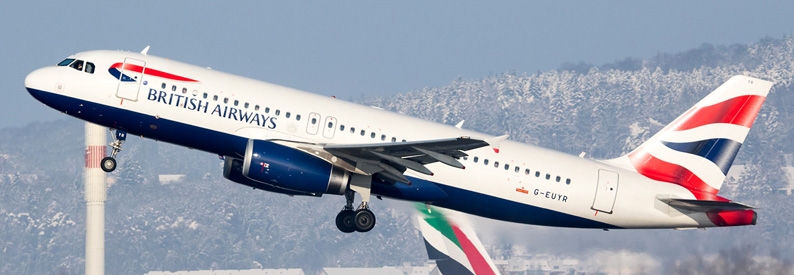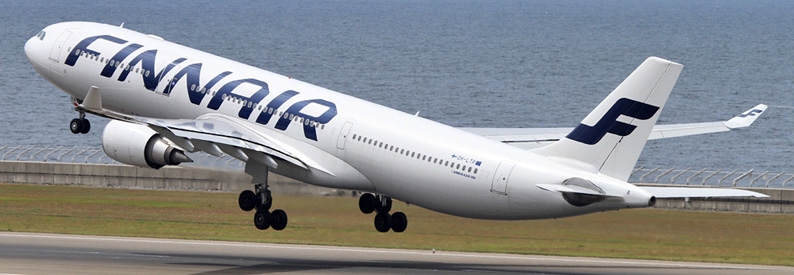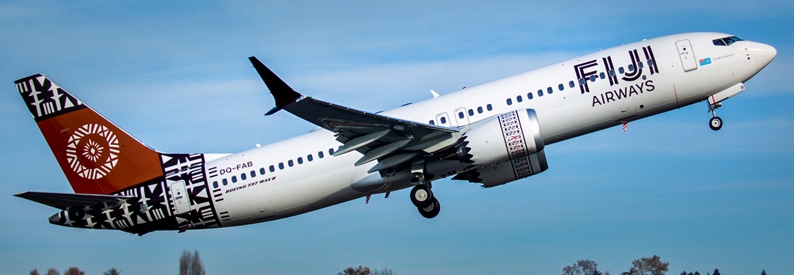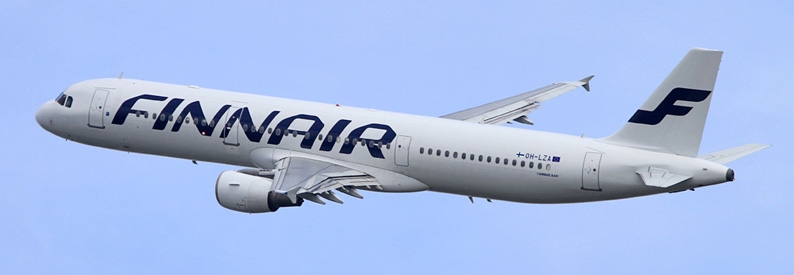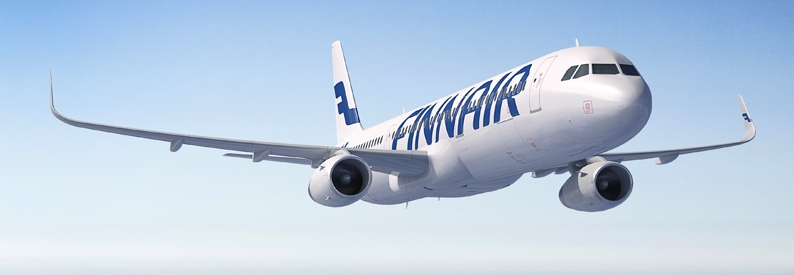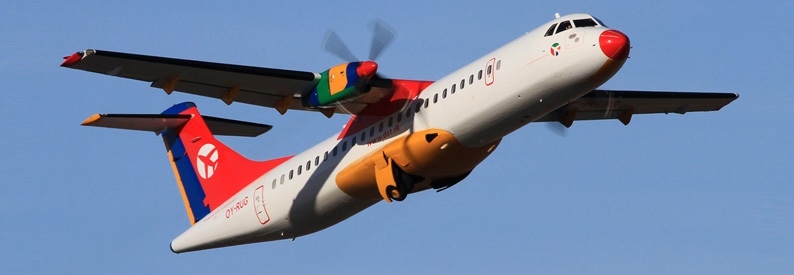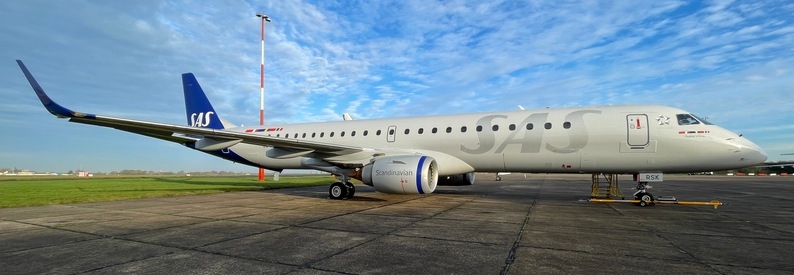Finnair (AY, Helsinki Vantaa) has begun negotiations on possible furloughs among its pilots and cabin crew after having to suspend or re-route some of its flights to Asia due to the closure of Russian airspace.
The negotiations concern all 2,800 pilots and cabin crew members in Finland, the airline said, adding that it would also be evaluating the impact on its employees abroad “in those destinations where the availability of work is estimated to decrease.” Finland’s flag carrier explained that “the closure of Russian airspace causes considerable changes in Finnair’s traffic” and so it had “called employee representatives to discuss plans regarding possible furloughs of up to 90 days.”
“With Russian airspace closed, there will be fewer flights by Finnair, and unfortunately less work available for our employees,” said Jaakko Schildt, Finnair’s chief operations officer. “A large share of our staff has been on long furloughs during the pandemic, so the need for further furloughs feels especially harsh, and we are sorry for this.”
The estimated need for additional monthly furloughs for pilots ranges from 90 to 200 employees, and for cabin crew from 150 to 450 employees, starting from April. The final furlough need, however, depends on how “the exceptional situation” progresses and whatever mitigations can be found during the negotiations.
Russia issued a NOTAM on February 28 on the closure of Russian airspace for aircraft from Finland and 35 other countries until May 28. Finnair has now cancelled all of its flights to Russia until that date and has suspended its routes between its Helsinki Vantaa hub and Japan (Osaka Kansai and Tokyo Narita), China (Guangzhou and Shanghai Pudong), and South Korea (Seoul Incheon). But it will resume flights to Tokyo from March 9, avoiding Russian airspace by adding four hours to the journey time.
Its flights to Hong Kong International had already been stopped until the end of March. However, it continues to fly to Bangkok Suvarnabhumi, Phuket, Delhi International, and Singapore Changi, and also from Stockholm Arlanda to Bangkok and Phuket, also with a longer routing that avoids Russia.
Passenger and cargo traffic between Asia and Europe plays an important role in Finnair’s network. Before the pandemic, over half of the carrier’s revenue came from this traffic. Many Asian countries have restricted travel during the pandemic, but Finnair has continued to operate many of its Asian routes compelled by the strong cargo demand.
In related news, Finnair has postponed a planned leadership transition because of the closure of Russian airspace. Jouko Karvinen, chairman since 2017, will remain in his post instead of handing over as planned to Kari Stadigh, a former chief executive of Finnish insurance group Sampo, the airline said in a stock exchange filing on March 4.
The two “have jointly concluded that due to the changes in the company’s operating environment it is important to ensure continuity in the board’s work and a change in the chair of the board is not considered appropriate in these circumstances,” it said. Finnair has also postponed its annual general meeting from March 24 to April 7.

